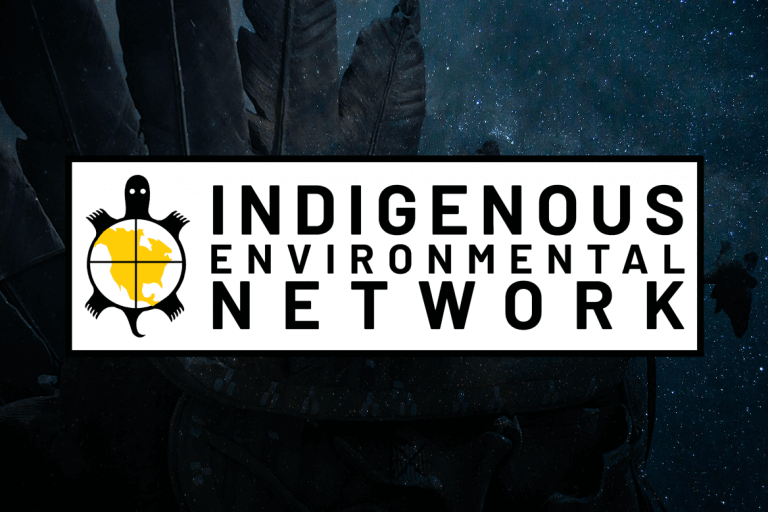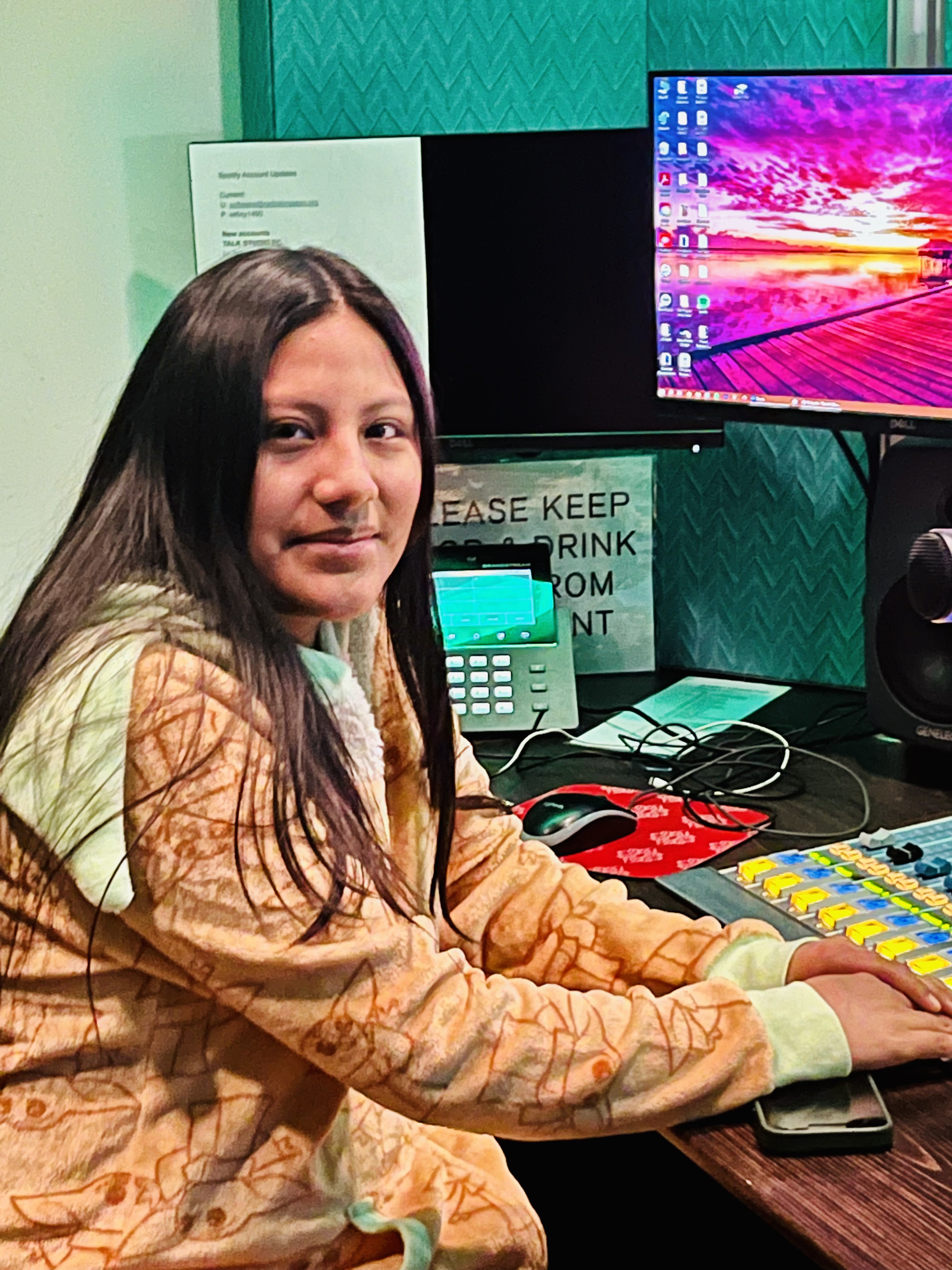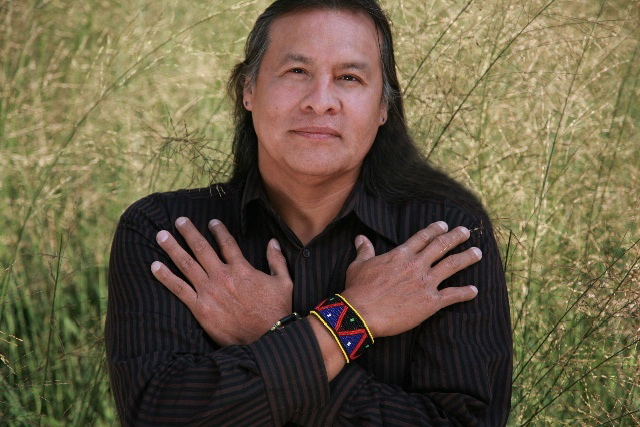
Listen now
Environmental Justice & Indigenous Rights: Battling Climate Change and Protecting Sacred Sites
Native Activists Rally to Protect Sacred Medicine Lake in CA Native American organizers and allies are fighting to protect Medicine Lake – a sacred place near Mount Shasta in the Highlands of Northern California. The Bureau of Land Management, California Energy Commission and Calpine Energy have been trying to build geothermal power plants in the area since the 1980s. Native peoples who are opposed to the power plants and their supporters are planning a protest next Tuesday, February 20th at the Bureau of Land Management (BLM) Office in Alturas, California. The BLM is planning to appeal a 9th Circuit court ruling on Medicine Lake. Mark Lebeau, a citizen of the Pitt River Nation and Co-Chair of Advocates for the Protection of Sacred Sites. For more Info: www.treatycouncil.org , Video Link: Pit River Nation Fights For Their Land, www.ienearth.org
U.S. Energy Policy and Climate Change – and the Harmful Impacts on Indigenous Peoples The debate on global warming seems to have finally ended thanks to the U.N. Intergovernmental Panel on Climate Change (IPCC), which recently concluded there was a 90 percent chance human actions have been a major contributor to global warming. The panel of 2,500 scientists predicted more drought, heat waves and a slow gain in sea levels, even if greenhouse gas emissions from fossil fuels used in power plants, factories and cars are capped. So now the question is what do we do? Which is what legislators, government officials and business leaders from the 20 largest energy-consuming countries were asking and discussing yesterday at a Capitol Hill meeting. There were representatives from the G8 – or Group of 8 industrialized nations - Britain, France, Germany, Italy, Russia, the United States, Canada and Japan. There were also representatives from China, India, Mexico, South Africa, and Brazil, which together produce 75% of the world’s greenhouse gases. The world’s largest emitter of greenhouse gases is the United States. Yesterday corporate moguls, policy experts and U.S. senators told the world forum the US must take the lead on global warming, especially if it wants to encourage China and India to follow suit. But as world leaders struggle to find ways to collaborate, there are still voices going unheard. Indigenous peoples in Canada, the US and throughout the Americas hold valuable land and water resources that have long been exploited by the provincial, state and federal governments and by corporations trying to meet the energy needs of an industrialized world. Indigenous peoples have disproportionately suffered impacts due to the production and use of energy, yet are among those who benefit least from these energy developments. Jihan Gearon, Native Energy Organizer for the Indigenous Environmental Network. Jihan is originally from Fort Defiance, AZ, which is on the eastern side of the Navajo Nation. She studied Energy Science and Technology at Stanford University and began her environmental justice career at Redefining Progress as a Program Associate for the Environmental Justice and Climate Change Initiative (EJCC). At the EJCC, she worked with a broad coalition of people of color, low-income, and Indigenous communities and organizations on climate justice issues.
Production Credits

Karen Ramirez
Studio Engineer
Tiokasin Ghosthorse (Lakota)
Host, Executive Producer & Audio Editor
